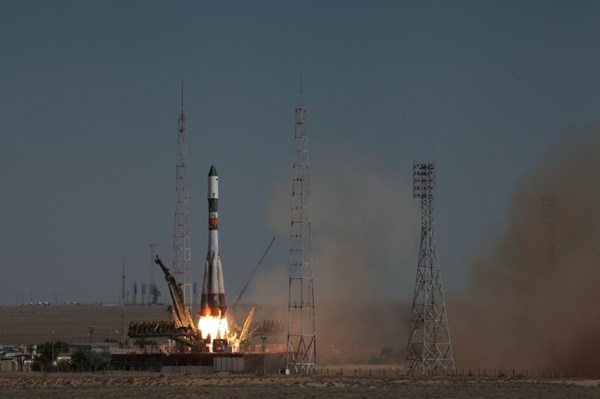Head of Roscosmos speaks of collapse of Russian space program
Nearly all of the production equipment belonging to Roscosmos, the Russian State Corporation for Space Activities, is outdated, the company’s director Dmitry Rogozin told RIA Novosti.
By Rogozin’s assessment, at least 87% of the capabilities of the Russian space industry do not meet modern standards.
“Despite the fact that Roscosmos’s production funds are severely outdated and that modern equipment accounts for no more than 13%, it is only a question of money,” Rogozin said.
However, he believes that Roscosmos “will certainly rise”. “We will change the machines, people are willing, there is a lot of enthusiasm,” he assured.
In November, Rogozin said that the producer of the Proton and Angara rockets (the Khrunichev Center) had a funding gap of 111 billion rubles. This includes bank loans, fines for overdue contracts, and debt to Roscosmos itself.
The producer of the Russian Soyuz and Progress spacecraft (RKK Energia) made a loss of 1.46 billion rubles last year after a series of unsuccessful launches, which have ended in emergencies on two occasions in the last 12 months.
On October 11, 2018, at the 119th second of flight, the Soyuz MS-10 rocket that was meant to take Russian cosmonaut Alexey Ovchinin and American astronaut Nick Hague to the International Space Station had to go into contingency abort.
On November 28, 2017, the launch of the Soyuz-2.16 rocket from the Vostochny Cosmodrome was unsuccessful. It was meant to launch 19 satellites into space.
In December 2016, at an altitude of 190 km, the engine of the Soyuz-U carrying the Progress MS-04 spacecraft caught fire. It was carrying roughly 2.5 tons of cargo to the International Space Station.
There were two emergencies in 2015: In April, the Soyuz-2.1a rocket was unable to take the Progress M-27M cargo spacecraft into the calculated orbit, and in May, a Proton-M launch rocket carrying the Mexican communications satellite MexSat-1 crashed.
2011 set the record for the number of failures: three rockets failed to make it into orbit.
